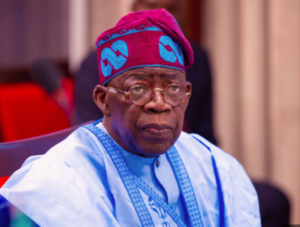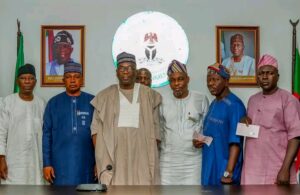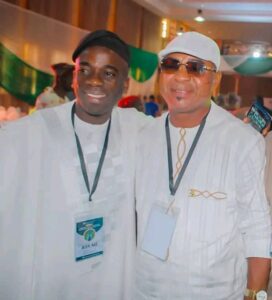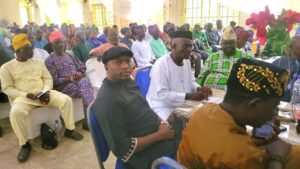
Clashes at a football match in N’Zerekore, Guinea’s second-largest city, turned deadly on Sunday, leaving dozens of people dead and many others injured.
Hospital sources described the aftermath as “scenes of mass carnage,” with reports of bodies lining hallways and the morgue filled beyond capacity.
“There are around 100 dead,” a doctor told AFP under the condition of anonymity, citing the overwhelming number of casualties at the hospital. Another doctor confirmed the death toll as “dozens.”
Unverified videos circulating on social media captured chaotic scenes outside the stadium, showing bodies strewn on the ground. Witnesses said violence erupted after a controversial referee decision, leading to fans storming the pitch. The unrest escalated as demonstrators vandalized and set fire to the N’Zerekore police station.
The match was reportedly part of a tournament held in honor of Guinea’s junta leader, Mamadi Doumbouya, who seized power in a 2021 coup. Such tournaments have become frequent as Doumbouya, now the country’s self-declared president, positions himself for a potential run in elections expected next year.
Political Context and Tensions
Doumbouya, who led the military overthrow of former President Alpha Conde in 2021, initially pledged to return the country to civilian rule by the end of 2024. However, his recent self-promotions to higher military ranks and the support from his backers for a presidential bid have fueled concerns about his intentions.
Under the junta’s transitional charter, military leaders are barred from running in elections. Nonetheless, Doumbouya’s supporters have signaled their backing for his candidacy. Authorities recently announced that elections aimed at restoring constitutional order would now take place in 2025.
A Troubled Nation
Despite Guinea’s abundant natural resources, the country remains mired in poverty and has endured decades of authoritarian rule. The recent football violence in N’Zerekore, a city of 200,000 people in the southeast, underscores the ongoing tensions in a nation grappling with political instability and unrest.
The tragedy adds to the challenges facing Doumbouya’s junta, which has been criticized for its heavy-handed approach to dissent, including the detention or exile of opposition leaders. Guinea joins Mali, Burkina Faso, and Niger as West African nations currently under military rule since 2020.


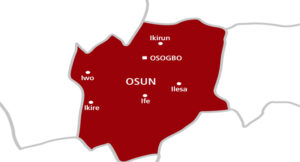
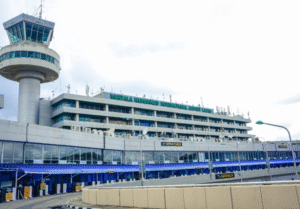
![[PHOTOS] MOK Movement Disburses ₦300,000, Distributes Food Items to the Aged in Offa During Weekly Empowerment Programme](https://newsbulletin.com.ng/wp-content/uploads/2025/10/FB_IMG_1760379043455-300x300.jpg)

